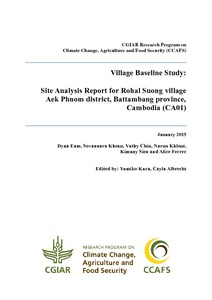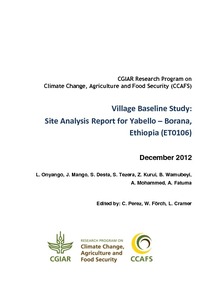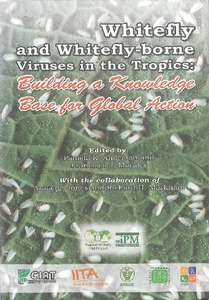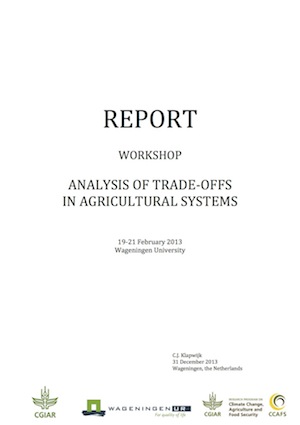Total value of phosphorus recovery
Phosphorus (P) is a critical, geographically concentrated, nonrenewable resource necessary to support global food production. In excess (e.g., due to runoff or wastewater discharges), P is also a primary cause of eutrophication. To reconcile the simultaneous shortage and overabundance of P, lost P flows must be recovered and reused, alongside improvements in P-use efficiency. While this motivation is increasingly being recognized, little P recovery is practiced today, as recovered P generally cannot compete with the relatively low cost of mined P.








